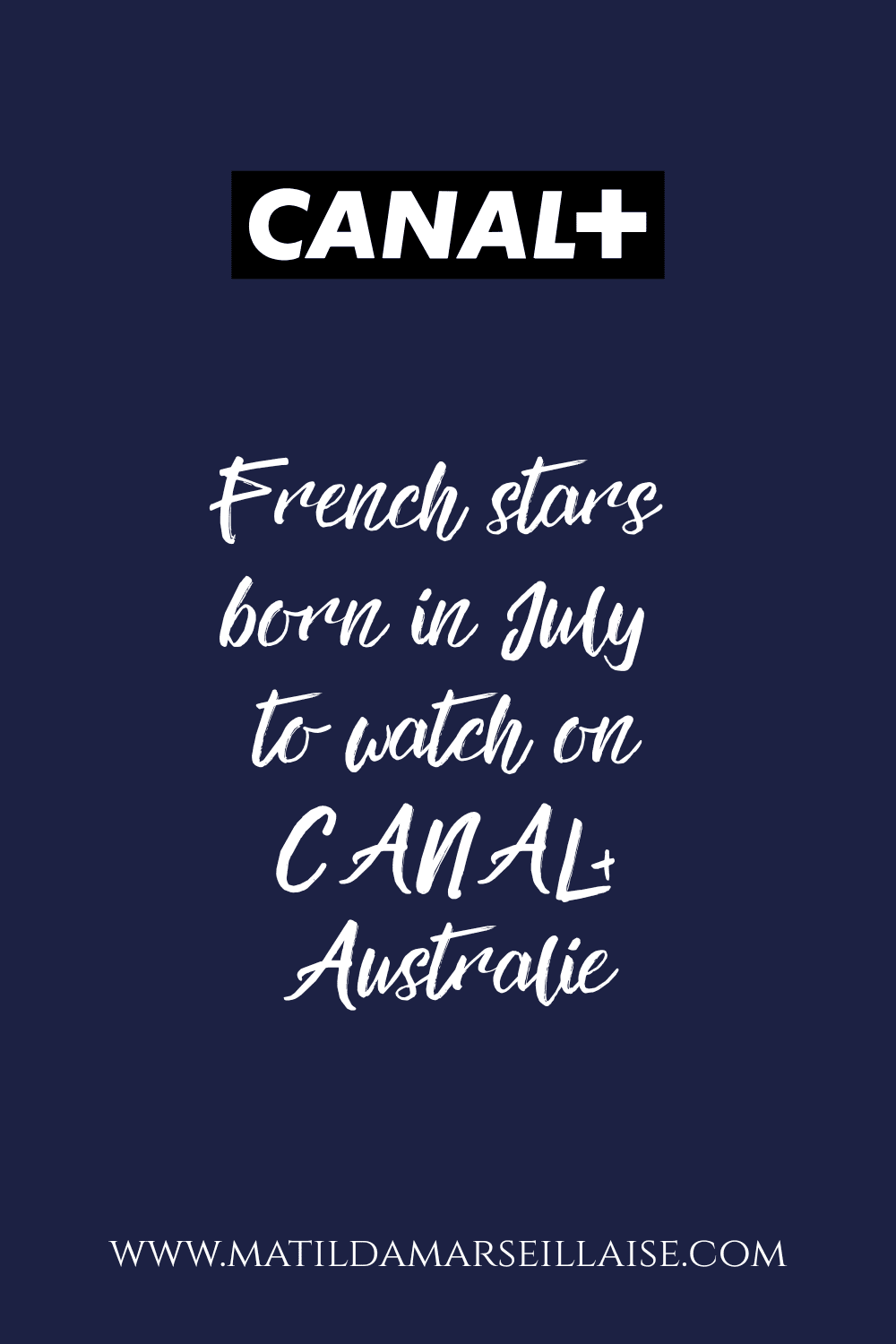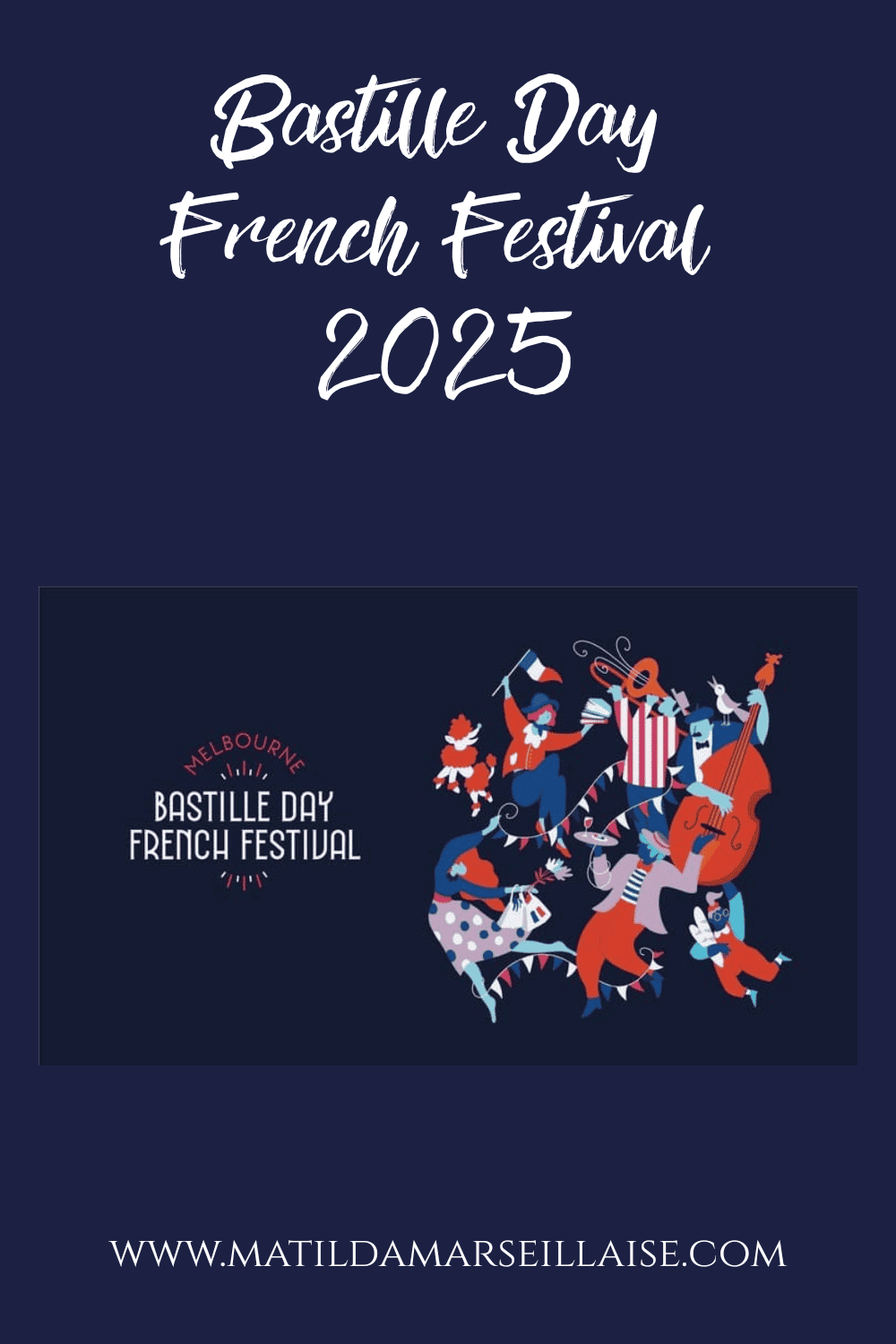Costa Gavras’ Before What Comes After is a slow, contemplative exploration of death and palliative care, centred on conversations between a philosopher and a doctor.

Philosopher Fabrice Toussaint (Denis Podalydès, Love Boat at this year’s festival, The Most Precious of Cargoes at the festival’s school program, and The President’s Wife, AFFFF 2023) is going for an MRI when he meets head of palliative care Dr Masset (Kad Merad, At the end of the day at this year’s festival, The Big Hit, AFFFF 2021).
The two start conversing about the Dr’s role and about death. The film centres on these conversations. Dr Masset sees his role as relieving patients of their physical and psychological pain. That his role is to make the unacceptable bearable.
There is healthy cynicism at the health care system in Before what comes after. In the opening scene the philosopher’s brother Alex shrugs off a Boston based Dr’s suggestion that Fabrice have a biopsy. For Alex, that’s because the health care system is about the shareholders and their profits, and results in unnecessary health care. That’s a theme which comes up throughout the film with various patients (and their families) demanding the continuation of treatment even though at this point of their illnesses it won’t do anything to help.
There are patients who don’t want their families to know their true state of ill health or how close they are to death. There are patients who themselves don’t want to know. Then there are the patients whose own oncologists have been too cowardly to tell them the truth about their health. A young cancer patient, Léa Carré (Agathe Bonitzer), is told she is being taken to Paris for treatment but not told that she is terminal and is being sent to Dr Masset’s palliative care ward. She’s understandably angry, saying that she has plans with her brother, and that they have stolen her death from her.
The question is raised about what is a good death. Throughout Before what comes after we see biker send offs, gypsy send offs, last cuddles with one’s pet. A patient is brought to Masset’s hospital from Brittany but her dying wish is to drink white wine and have oysters back in Brittany. Much is made of her being checked out of the hospital against medical advice but she gets to go home, fulfil her dying wish and die as she wanted to.

Dying with dignity or on one’s own terms is another theme explored in Before what comes after. Sidonie (Charlotte Rampling) asks that Dr Masset doesn’t bring her back, that he lets her pass. The gypsy lady (Ángela Molina) asks that Dr Masset help her treat the pain and live her death. He sets her up with a series of syringes for her caregiver to administer to ease her into a deep sleep from which she won’t wake.
A patient named Marie (Françoise Lebrun) is happy for each new day that she gets to wake up. With Fabrice, she discusses what comes after death – whether she believes in the Catholic idea of Heaven, the Buddhist idea of reincarnation, or perhaps becoming a star in the sky, etc. She is well-versed in the different beliefs and options. That seems plausible, particularly that the closer to death that you are you may start to explore different beliefs in what happens after death.
However, each patient being a philosopher of sorts themselves, quoting authors or knowing who said certain things ended up feeling quite elitist and snobby. Even though philosophy is compulsory in French schools, having almost every interaction involving someone quote someone or recognise someone’s quote didn’t feel representative of the true spectrum of people in France.
The film has a slow pace which is undoubtedly intentional to give audiences time to contemplate but unfortunately the film gives little to reflect on. It simply seems to rehash the same message over and over again. For example, after making the point that some know when death is coming, we’re told the story of two different patients who died shortly after asking their family to come in. Marie calls her family in one morning and shortly after seeing them all passes peacefully. Another man who was furious the previous day that he couldn’t see his dog, passes once his dog is brought to him.
Reference is repeatedly made to how transition into old age is something they celebrate in Africa but we don’t see any of it, or have any explanation of how it is celebrated. The closest we get is to Dr Masset’s Senegalese friend scolding him about what he sees in French nursing homes and palliative care centres and saying it’s in stark contrast to back in Senegal.

Florence Toussaint (Marilyne Canto), Fabrice’s wife frustrated us. In everything, she is always looking for an opportunity for her husband. If the medical profession is opportunistic with its giving of drugs that don’t help and procedures that aren’t needed, Florence’s attitude towards everything as an opportunity for her husband draws parallels.
There’s also a big problem of plausibility. Just because Dr Masset is head of the department of palliative care, he wouldn’t just take the philosopher into patient’s rooms without asking their consent or telling them who he is. Don’t just put him into a white Dr’s coat and expect that he can blend in. Similarly, how did Dr Masset and Fabrice cross paths after Fabrice’s MRI at the beginning of the film– was Dr Masset in a different hospital to the palliative care hospital he works at or did Fabrice have the MRI at a palliative care hospital and if so, why?
Some scenes in Before what comes after seem disjointed or unnecessary. At one point in the film, Fabrice and Florence are looking after their grandchildren and hosting a birthday party. Before the party begins, Florence finds the grandkids watching porn in the basement. It was difficult to see what the point of this was and how it aided the story other than to give Fabrice the opportunity to say that we will talk with them rather than to them.
At age 91, Before what comes after director Costa Gavras is no doubt finding himself ruminating on the topic of death and his own mortality. Before what comes after could have been a better film if the writing had been tighter – it often feels like we’re floating from one story to another as either Dr Masset tells Fabrice about his patients, or Fabrice attends the consultations himself. It leads to the film feeling disjointed.
The film takes its time, which can work well in contemplative storytelling such as this. However here, the slow pacing combined with a disjointed narrative makes it challenging to fully invest in the film.
Before what comes after features some compelling performances but the slowness, repetitiveness and disjointedness dilute their impact, making it difficult to fully connect with the story.
![]()
3 CROISSANTS
Matilda Marseillaise watched a screener of the film.
Before what comes after was released in France in February 2025 under the title Le dernier souffle.
KEY INFO FOR THE ALLIANCE FRANÇAISE FILM FESTIVAL 2025
WHAT: Alliance Française French Film Festival 2025
WHERE & WHEN:
19/03 – 23/04 – ADELAIDE
06/03 – 08/04 – BRISBANE
06/03 – 02/04 – BALLARAT, VIC
08/03 – 02/04 – BALLINA, NSW
11/03 – 13/03 – BENDIGO, VIC
07/03 – 02/04 – BYRON BAY, NSW
06/03 – 09/04 – CANBERRA
25/03 – 15/04 – GOLD COAST
03/04 – 13/04 – HOBART
05/03 – 09/04 – MELBOURNE
03/04 – 06/04 – MOUNT GAMBIER, SA
13/03 – 16/04 – PERTH
26/03 – 31/03 – RENMARK, SA
04/03 – 09/04 – SYDNEY
02/04 – 09/04 – VICTOR HARBOR, SA
04/03 – 06/04 – PARRAMATTA, NSW
10/04 – 13/04 – BUNBURY, WA
12/04 – 21/04 – WARRAWONG, NSW
HOW: You can view films, screenings and special events for your city by clicking on the name of your city in the list above.
HOW MUCH: Ticket prices vary by city, so check the page that corresponds to your city.
MORE AFFFF 2025 CONTENT
Meet Frédéric Alliod, head of the Alliance Française French Film Festival
Alliance Française French Film Festival 2025: The French film titles
The exciting Alliance Française French Film Festival 2025 program of 42 films has been released
The César 2025 winners and where you can watch the winning films
Reviews
Claude Lelouche’s At the End of the Day is a journey of unexpected gifts
Being Maria turns the lens on cinema’s treatment of women through Maria Schneider’s story
Elyas cranks up the action and dials down the realism
Laure Calamy and Franck Dubosc are absolutely killing it in How to make a killing
Lucky winners is a deliciously dark comedy about when winning the lottery isn’t lucky
From first chord to final applause, Prodigies hits all the right notes
The Divine Sarah Bernhardt offers a glimpse into the life of the legendary diva
The Scammers is a comedy that hits the jackpot at AFFFF 2025
Beautifully written and acted, The Ties that bind us examines unconventional family bonds
In This Life of Mine, one woman’s world fractures under the weight of crisis
Interviews with past festival Directors
We chat to Karine Mauris, Artistic Director of the Alliance Française French Film Festival 2024
Karine Mauris talks cinema and the Alliance Française French Film Festival 2021
Philippe Platel, AFFFF Artistic Director speaks French cinema and French culture in Australia





